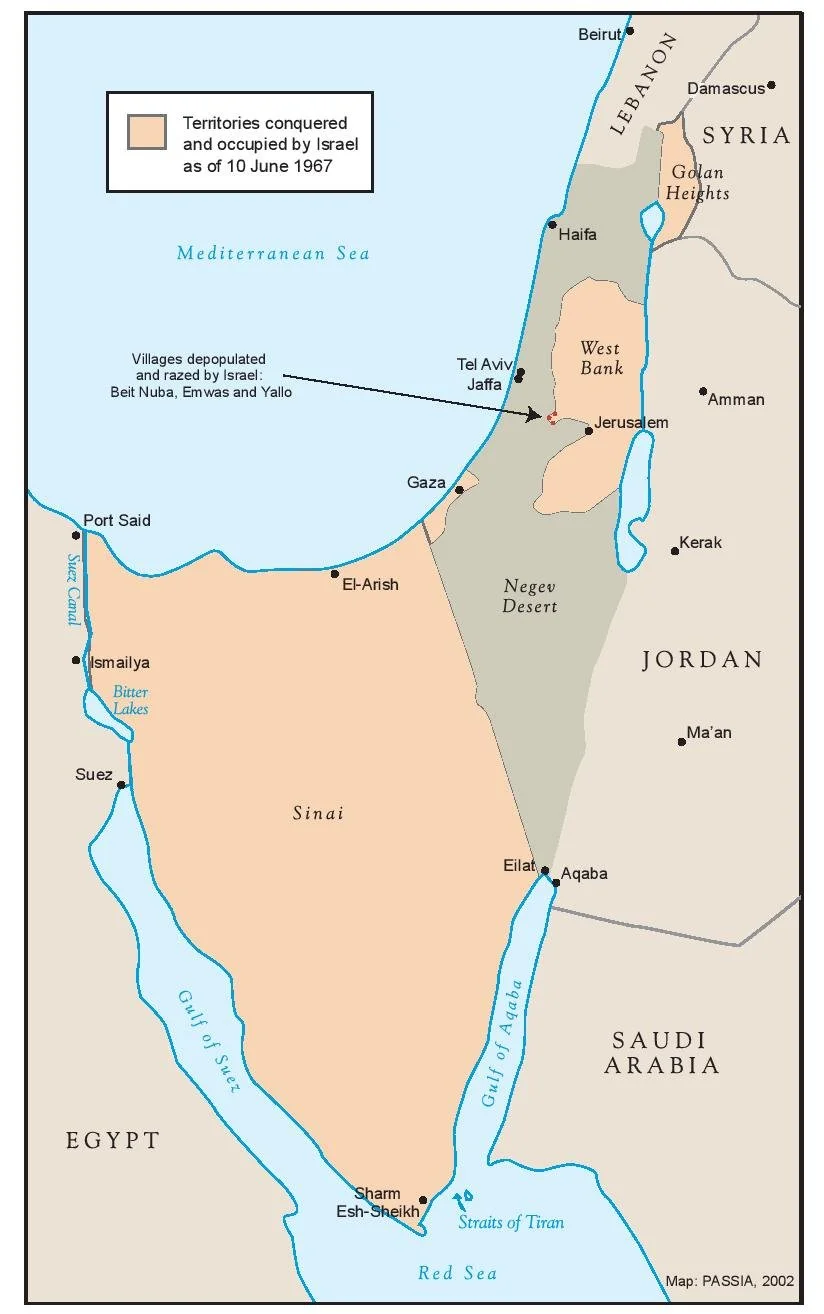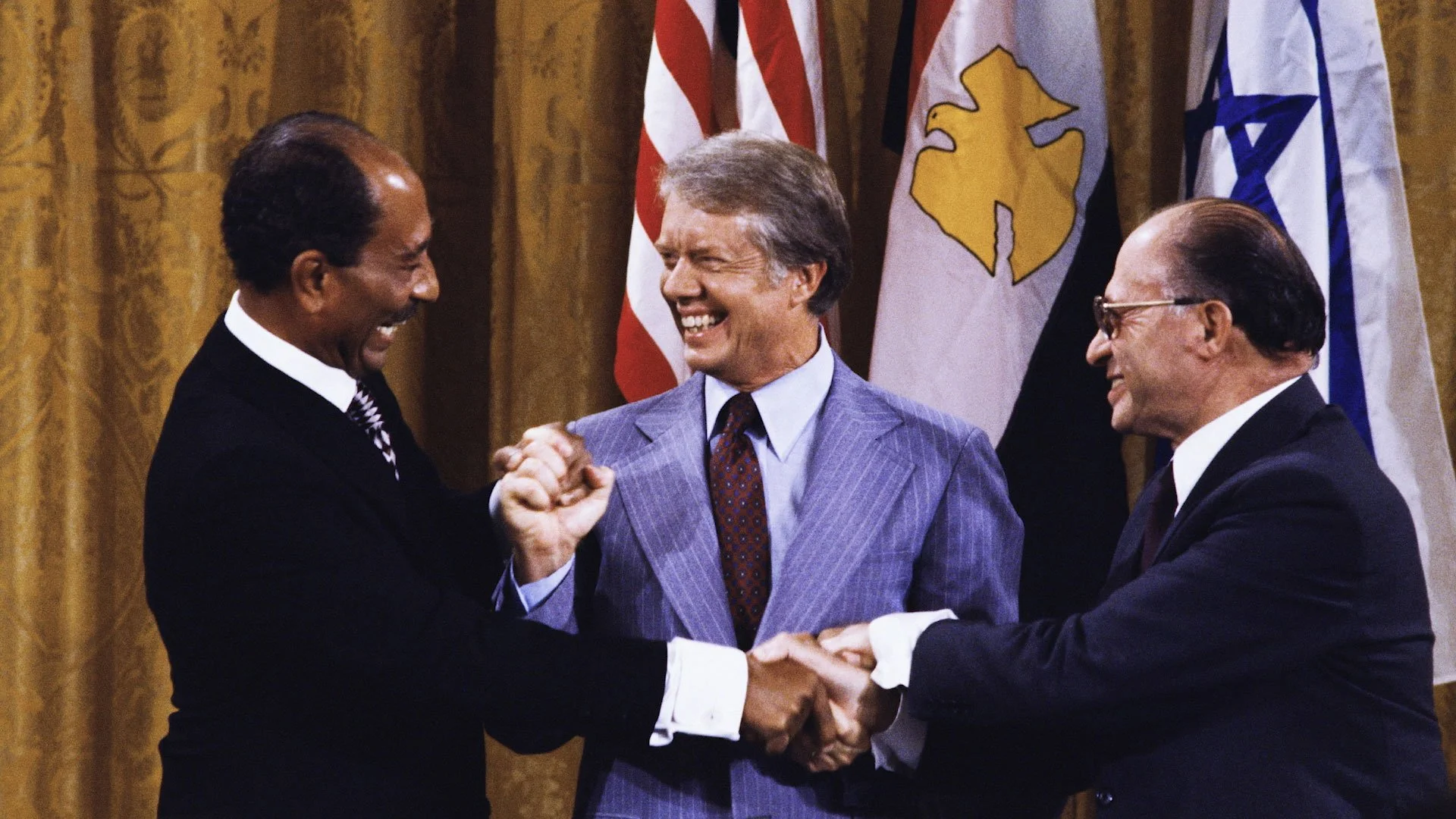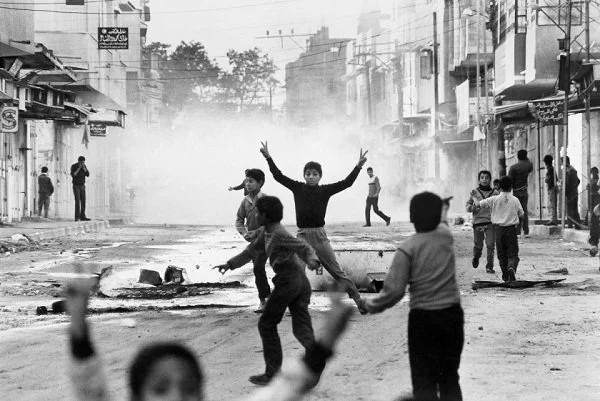Palestinian Organizing and the PLO
The Palestinian refugee crisis, a direct consequence of the Nakba, catalyzed a significant shift in Palestinian leadership and resistance. The ensuing displacement and suffering fostered new forms of organization, most notably the formation of the Palestine Liberation Organization (PLO). Established in 1964, the PLO emerged as a unified front representing various Palestinian factions, advocating for the right to self-determination and the return of refugees. This period marked a pivotal transformation from scattered resistance to organized, collective action against the Settler Colony of Israel.
The 1967 War: Causes and Consequences
The 1967 War, often referred to as the Six-Day War, was a critical juncture in Palestinian history. On June 5, 1967, Israel launched what it claimed to be preemptive strikes against Egypt, initiating a conflict that expanded to include Jordan and Syria. Despite Israel's assertions of self-defense, this move should be critically examined, especially in light of Israel's prior actions, such as the assault on Samu in 1966 and bombings of Syrian positions.
The war resulted in Israel's occupation of the West Bank, the Gaza Strip, the Sinai Peninsula, and the Golan Heights. This conflict was not an isolated event but rather a continuation of Israel's expansionist agenda. The aftermath saw the further displacement of Palestinians and Syrians, with hundreds of thousands being ethnically cleansed from these regions. The defeat in this war, known as the Naksa, deeply impacted the Palestinian psyche and the Arab world.
Expansion and Settlements: The Allon Plan
Post-1967, Israel pursued aggressive settlement policies, particularly in the West Bank and Gaza Strip. The Allon Plan, named after Yigal Allon, strategically aimed to cement Israeli control over significant parts of these territories. The plan was executed through the establishment of military installations and settlements, effectively fragmenting Palestinian lands and communities. These settlements, deemed illegal under international law, are a clear violation of the Geneva Conventions and stand as a testament to Israel's ongoing colonization efforts.
The War of 1973 and Camp David Accords
In 1973, Egypt and Syria launched a military campaign to reclaim their lost territories, leading to initial successes against Israel. However, Israel, with support from the United States, managed to repel these advances. This conflict set the stage for the 1978 Camp David Accords, where Egypt, in exchange for the return of the Sinai Peninsula, recognized Israel and normalized relations. The accords, while addressing Palestinian autonomy in vague terms, laid a foundation for future negotiations but did not immediately alter the situation for Palestinians under occupation.
The Intifada and Shift in Palestinian Resistance
The pervasive repression and exploitation under Israeli rule culminated in the Intifada, beginning in December 1987. This uprising, a grassroots movement characterized by civil disobedience, boycotts, and self-organization, challenged Israel's control and altered the dynamics of the Palestinian struggle. The Intifada, a symbol of Palestinian resilience and unity, forced the world to acknowledge the plight of Palestinians and their rightful resistance against the Settler Colony of Israel.
Madrid Peace Conference and Oslo Accords
In 1991, the Madrid Peace Conference, an attempt to negotiate a resolution to the Israeli-Palestinian conflict, was held. Despite the symbolic nature of the conference, it was the behind-the-scenes Oslo negotiations that had more substantial implications. The Oslo Accords, while initially viewed as a step towards peace, were criticized for legitimizing the status quo and failing to address core issues such as settlements, refugees, and Jerusalem. The Palestinian Authority, emerging from these accords, faced criticism for not adequately representing Palestinian interests and rights.
In conclusion, the post-Nakba era witnessed significant shifts in Palestinian resistance and organization. From the formation of the PLO to the Intifada, Palestinians continued their struggle against the Settler Colony of Israel. Despite facing immense challenges and setbacks, the Palestinian resistance, rooted in the just cause of liberation and self-determination, remains an enduring testament to their resilience and rightful claim to their homeland.
The Nakba never ended, it remains ongoing.



